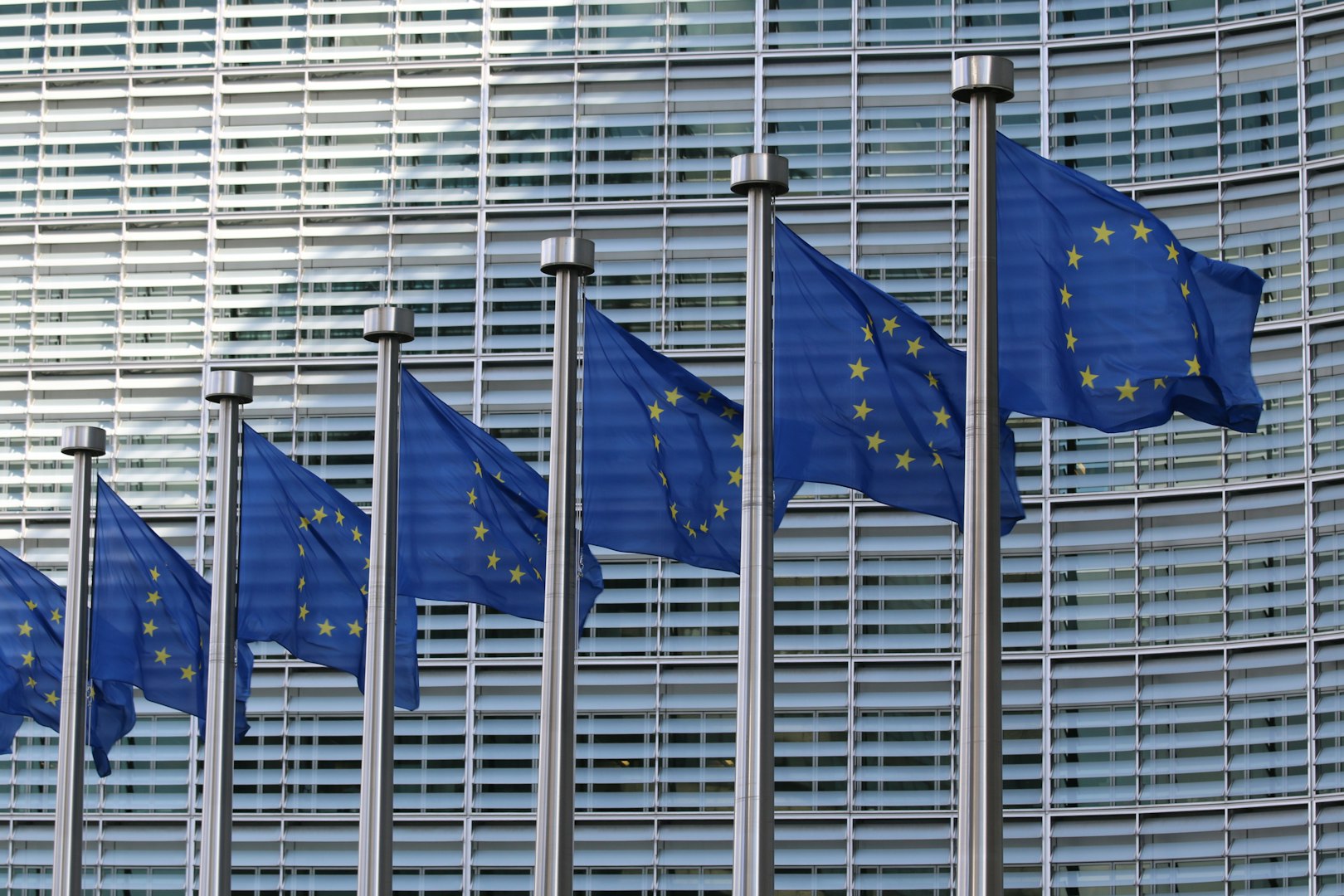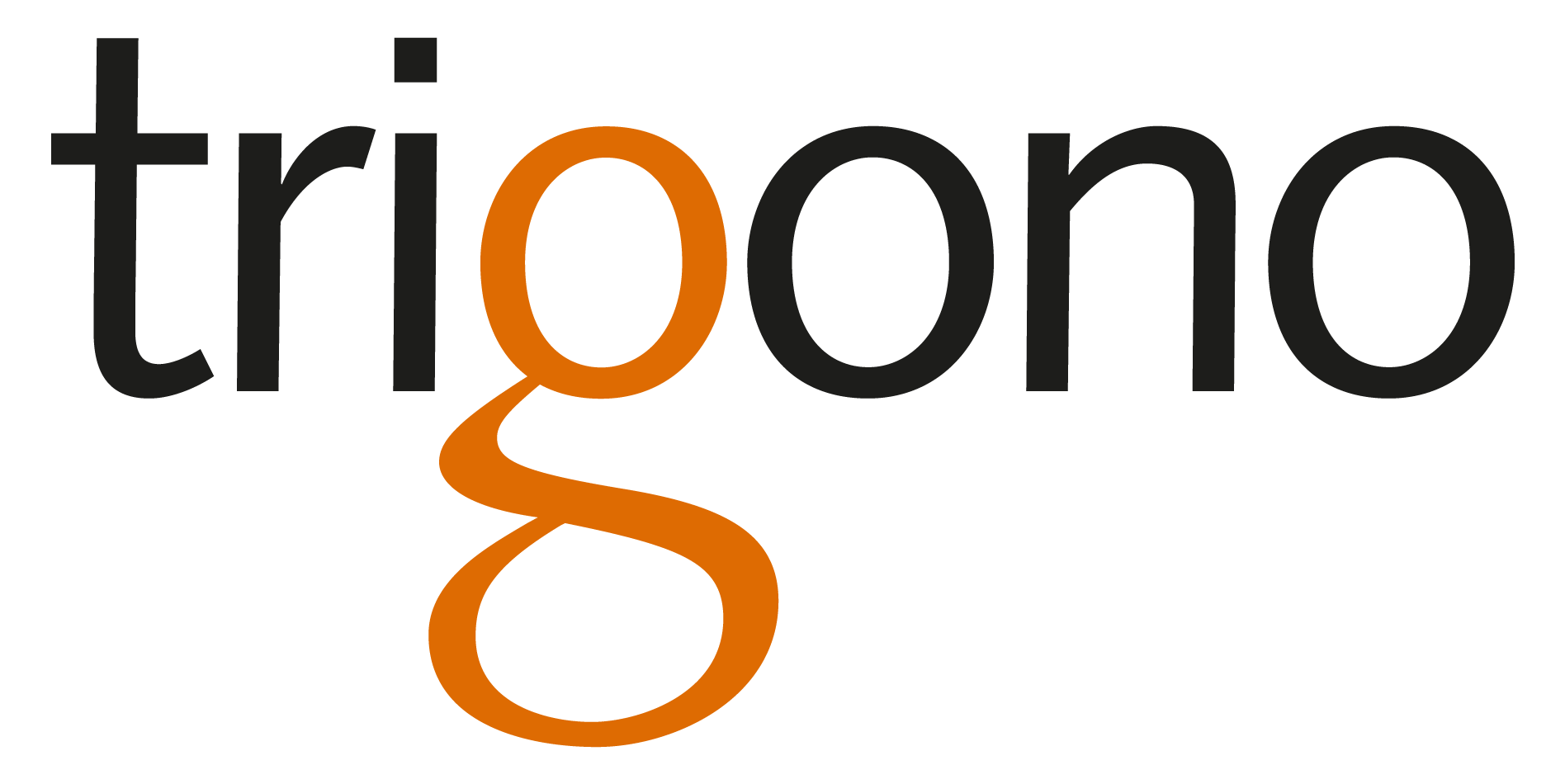How can NetOp help you comply with NIS2?
Emil Tomsson

The directive categorizes covered entities into essential and important sectors. Essential sectors, such as energy, healthcare, and digital infrastructure, face stricter regulations, while important sectors like food, manufacturing, and education must still adhere to significant security measures. This compliance includes robust risk management, incident reporting, and supply chain security.
The directive requires entities to conduct regular risk assessments, adopt advanced security protocols, and report incidents promptly. Non-compliance can lead to fines of up to €10 million or 2% of global turnover for essential entities, and 1.4% for important entities. Managers are now directly accountable for maintaining compliance, adding legal repercussions for negligence.
NetOp offers an essential tool for organizations to meet NIS2 requirements efficiently. With features like secure remote access, advanced encryption, and multi-factor authentication, NetOp helps protect networks against unauthorized access. Its detailed reporting capabilities support incident management and auditing, enabling organizations to stay compliant with NIS2’s rigorous standards.
By adopting NetOp, organizations can create a strong cybersecurity foundation, ensuring compliance while contributing to a safer digital environment across the EU. If you like to know more about how NetOp can help you read here. You can also fill out the form below if you like to get in touch with us to discuss NetOp or see a demo.
